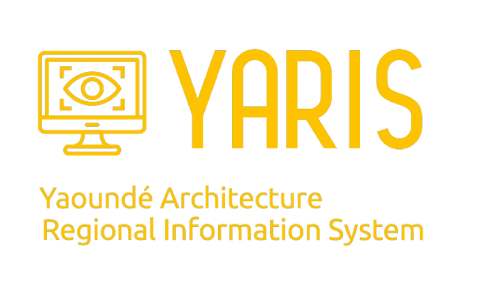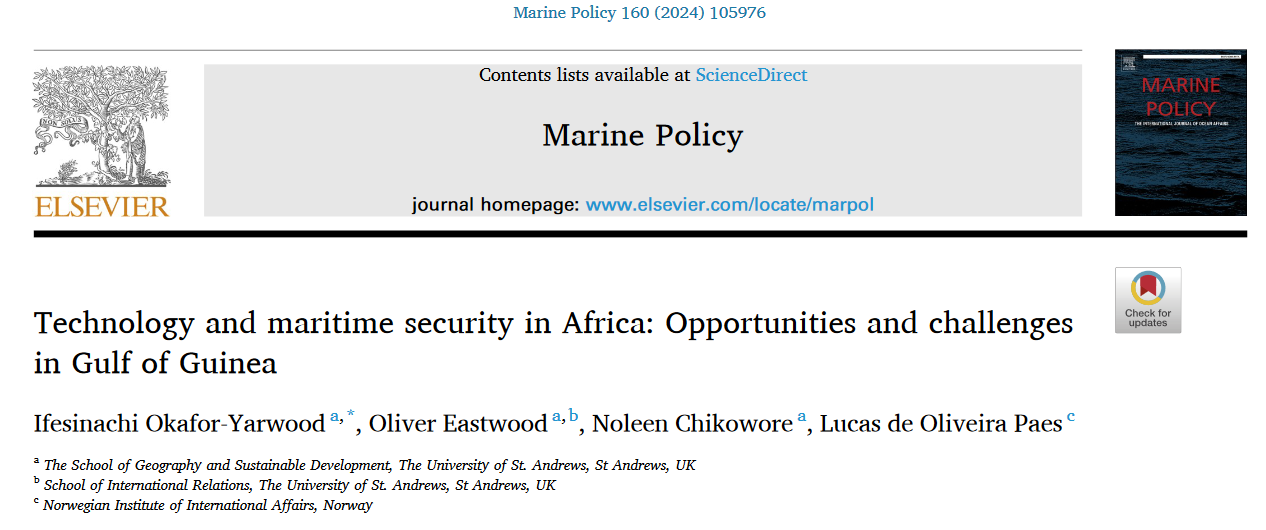Maritime security threats undermine safety and security at sea and, in turn, coastal states’ efforts to harness the resources in their maritime domain. This assertion is true for coastal states and Small Island Developing States (SIDS) on the African continent, where limited maritime enforcement capabilities have increased security threats at sea, such as illegal, unreported and unregulated fishing, piracy and armed robbery at sea, toxic waste dumping and other illicit activities.
African navies and their foreign partners are taking advantage of the opportunities that technology provides to improve safety and security. Technology has led to the identification of criminals at sea, their capture and prosecution, making it crucial in enhancing maritime security. As such, the merits of its use for maritime security are undeniable. However, using technology comes with challenges that need to be considered. With this in mind, our research makes an original contribution by exploring the opportunities for using technology to advance maritime safety and security in Africa, successes and challenges with an emphasis on the Gulf of Guinea region.
Drawing from questionnaire data from maritime law enforcement personnel, agencies supporting the implementation of the Yaoundé Code of Conduct (2013), and a review of relevant literature and policy documents, we contend that technology has significantly improved maritime domain awareness and the effective implementation of maritime safety and security in the Gulf of Guinea. However, addressing existing limitations and enhancing human capacity is imperative to sustain this progress.

